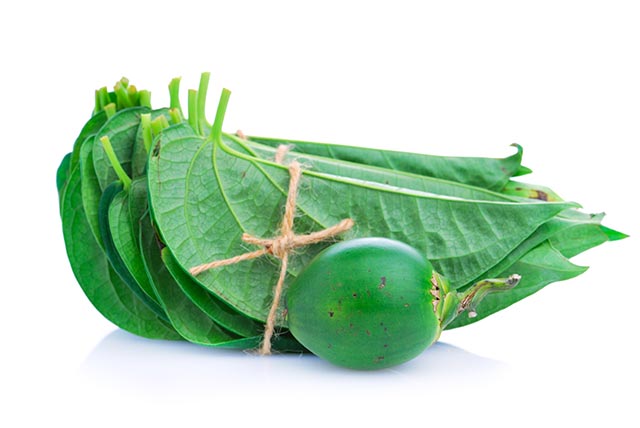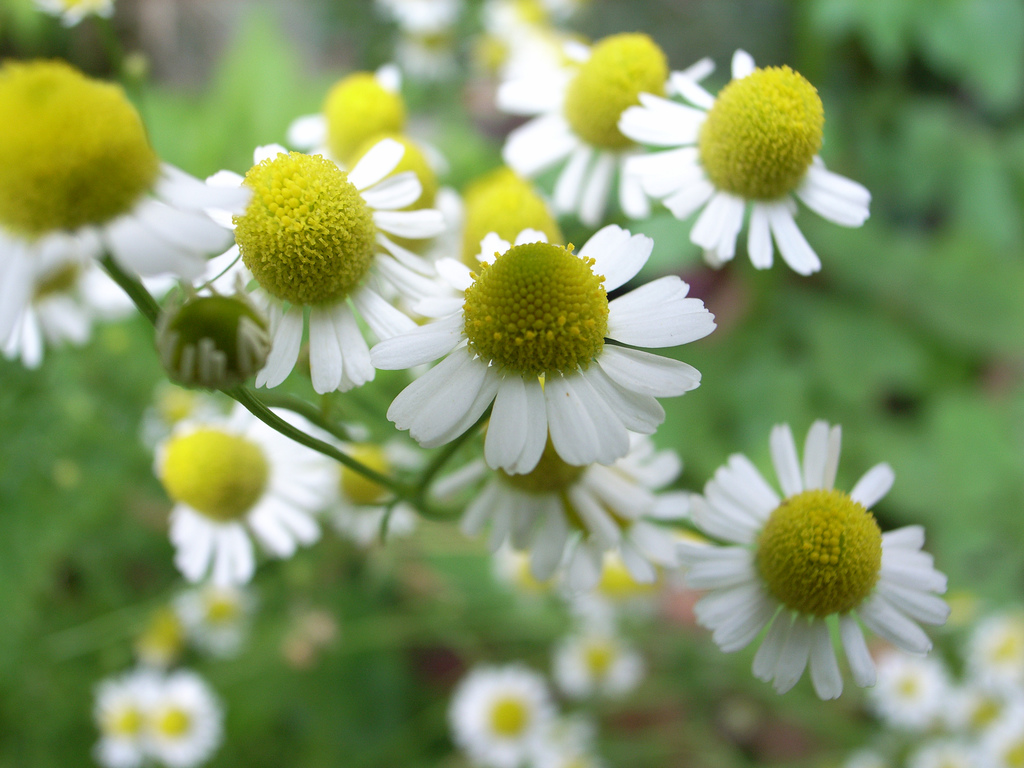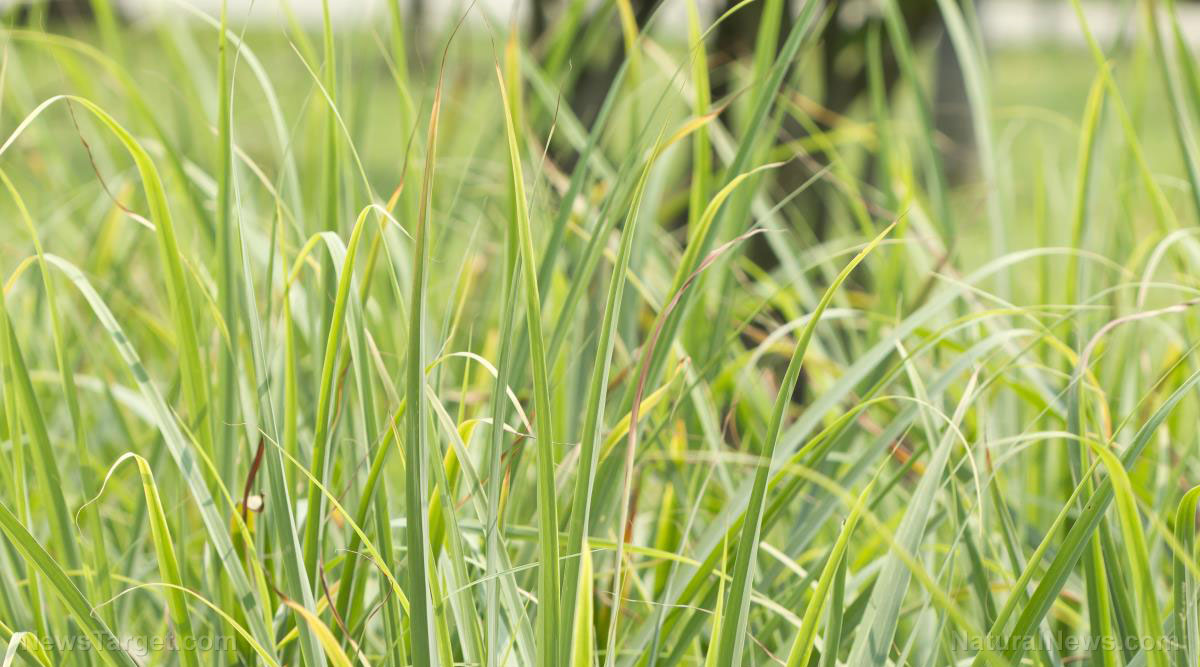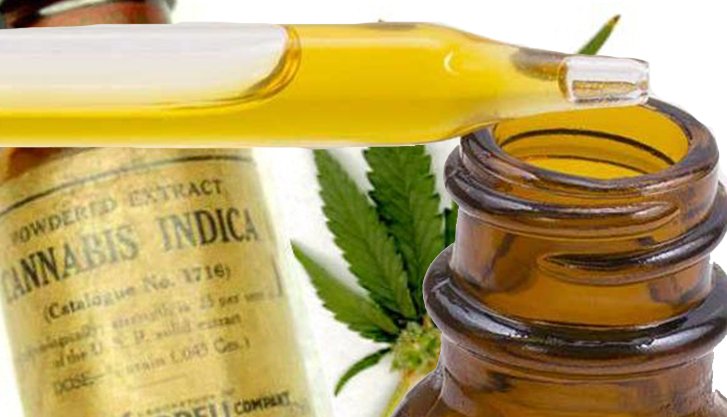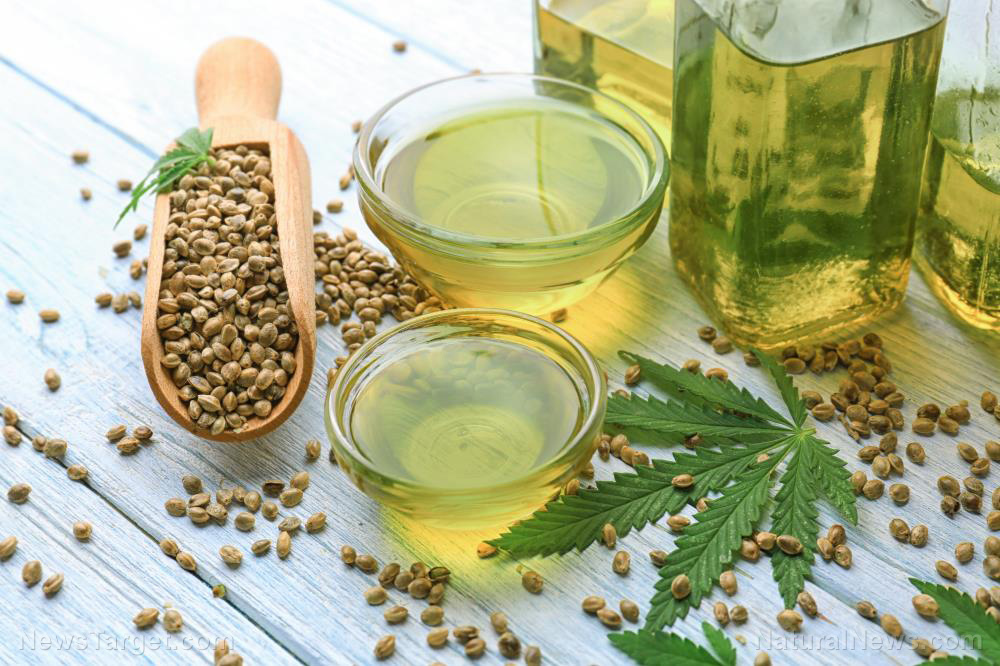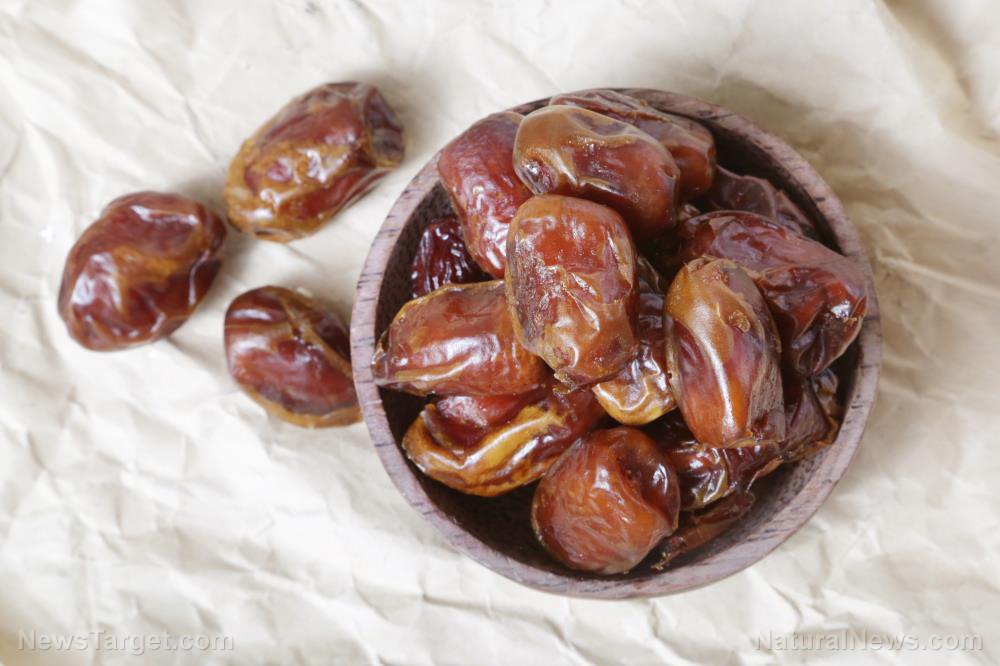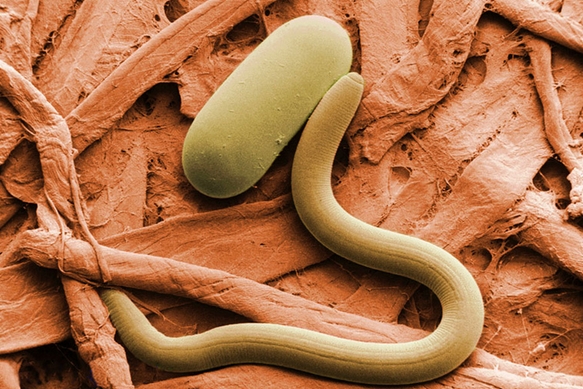Examining the potential hepatoprotective properties of the Pride of India
10/02/2018 / By Ellaine Castillo

A group of researchers from University of North Bengal has discovered that the Pride of India (Lagerstroemia speciosa (L.) Pers.) has potential hepatoprotective properties. Their study, which was published in BMC Complementary and Alternative Medicine, looks at the array of phytochemicals found in the petals of the Pride of India.
- Previous studies have shown that the Pride of India has hypoglycemic, antibacterial, anti-inflammatory, antioxidant, and hepatoprotective properties. However, none of these studies have explored the hepatoprotective potential of extracts from the plant’s petals.
- Different phytochemicals present in petal extracts were identified and characterized.
- In vitro antioxidant activity was evaluated based on free radical scavenging activity, reducing power, and metal-chelating activity.
- In vivo hepatoprotective activity of the petal extracts against carbon tetra chloride (CCl4)-induced liver toxicity was determined based on histology, as well as enzymatic and non-enzymatic markers of liver damage.
- Cytotoxic activity of the extract against cancer cells was also determined.
Results of the study show that the Pride of India’s flowers contain phytochemicals that serve as antioxidant and hepatoprotective agents. With further studies, these phytochemicals can be utilized for potential liver treatments.
Read the full text of the study at this link.
Learn more about how the Pride of India protects the liver by visiting Health.news today.
Journal Reference:
Tiwary BK, Dutta S, Dey P, Hossain M, Kumar A, Bihani S, Nanda AK, Chaudhuri TK, Chakraborty R. RADICAL SCAVENGING ACTIVITIES OF LAGERSTROEMIA SPECIOSA (L.) PERS. PETAL EXTRACTS AND ITS HEPATO-PROTECTION IN CCL4-INTOXICATED MICE. BMC Complementary and Alternative Medicine. 18 January 2017;17(55). DOI: 10.1186/s12906-016-1495-0
Tagged Under: alternative medicine, antioxidant, CCl4, flowers, Hepatoprotective, Lagerstroemia speciosa, Liver, liver disease, liver health, liver toxicity, liver treatment, natural cures, natural remedies, natural treatment, petals, phytochemicals, Pride of India

